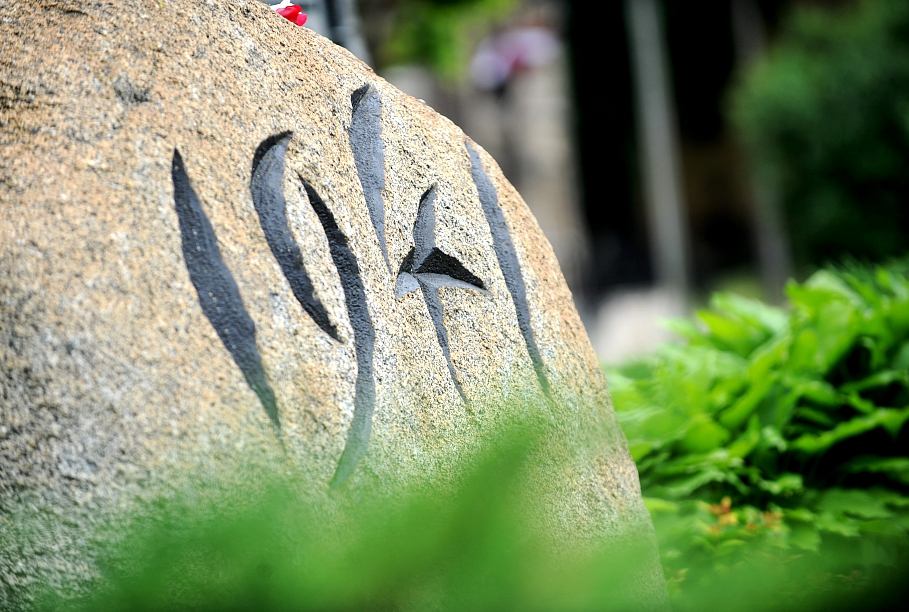Events are held throughout the day at key Rīga sites, such as the Freedom Monument, the Torņakalns and Šķirotava railway stations and the Museum of the Occupation of Latvia; events are also held in churches and railway stations across Latvia.
Astrīds Freimanis, vice-chair of the Latvian Union of the Politically Repressed, told Latvian Radio that, first of all, on this day they commemorate the people who died in Siberia. But it's also a day when people who suffered a similar fate meet up.
"We're trying to involve more young people in our events, as those who don't know their history cannot hope for a happy future," he said.
Concerts are held throughout churches in Rīga and Latvia commemorating the people who died.
There were two main waves of deportations, one in the wake of the Soviet Union's 1940 occupation of independent Latvia, which saw more than 15,000 people (including 2,400 children under the age of ten) loaded into cattle trucks on June 14, 1941.
Families were separated. Some children never saw their fathers again. There were numerous deaths during the journey of thousands of kilometers in cramped, unsanitary conditions.
According to the Museum of the Occupation of Latvia: "Conditions in the hard labour camps were inhumane. The inmates lost their identities, and were terrorised by the guards and criminal prisoners. Food rations were meager, and did not replace the calories expended through work. People grew weak, and were crippled by diarrhoea, scurvy, and other illnesses.
Winters were marked by unbearable cold, and many did not survive the first one. Only a small part of those deported in 1941 later returned to Latvia. The families in forced settlement had to fend for themselves in harsh conditions; the death rate among the very young and the elderly was likewise high."
A second wave of deportations on an even larger scale, involving some 42,000 men, women and children took place on 25 March, 1949.
The effects on Latvian society were huge and can be felt to this day.
You can read more facts about the deportations HERE.
An excellent multilingual online virtual museum about the experiences of children deported to Siberia is HERE.
































